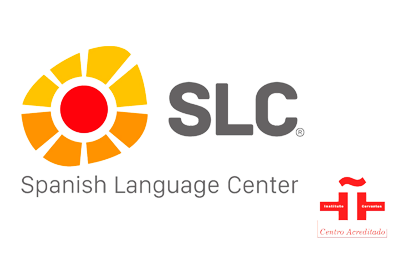Discover the cultural differences between spaniards and foreigners
While each person is unique, there are certain cultural differences that distinguish Spanish people from those coming from other parts of the world. Here are the cultural differences that most impact foreigners.
Schedules and pace of life
One of the aspects that surprises foreigners the most is our schedule, especially our meal times, which are usually from 2:00 PM to 3:00 PM or even 3:30 PM. Another cause for astonishment might be our sleeping schedule and our late-night outings to bars and nightclubs.
Eating habits
Food holds a fundamental place in Spanish culture, with long family meals and the so-called “sobremesa,” in addition to a great variety of regional dishes.
Emotional expression
Spaniards tend to be very expressive and passionate when communicating. We use gestures and a voice tone that is quite loud for many cultures, which may value moderation in speech more.
Traditions and festivities
Spain is known for its festivals and traditions, such as the Holy Week celebrations, bullfights, fairs, and local patron celebrations. Foreigners may find these festivities fascinating but, at the same time, they might misinterpret some of these traditions, as often happens with Holy Week.
Social protocol and etiquette
The norms of social behavior and etiquette can be different, which can lead to misunderstandings or awkward situations. For example, many people find our customary two kisses on the cheek when greeting someone to be uncomfortable or strange.
At the end of the day, it is these differences that make our interactions interesting and enriching, allowing us to learn and grow through cultural exchange.
Learn with us!









 How to Learn Conversational Spanish in Marbella
How to Learn Conversational Spanish in Marbella

